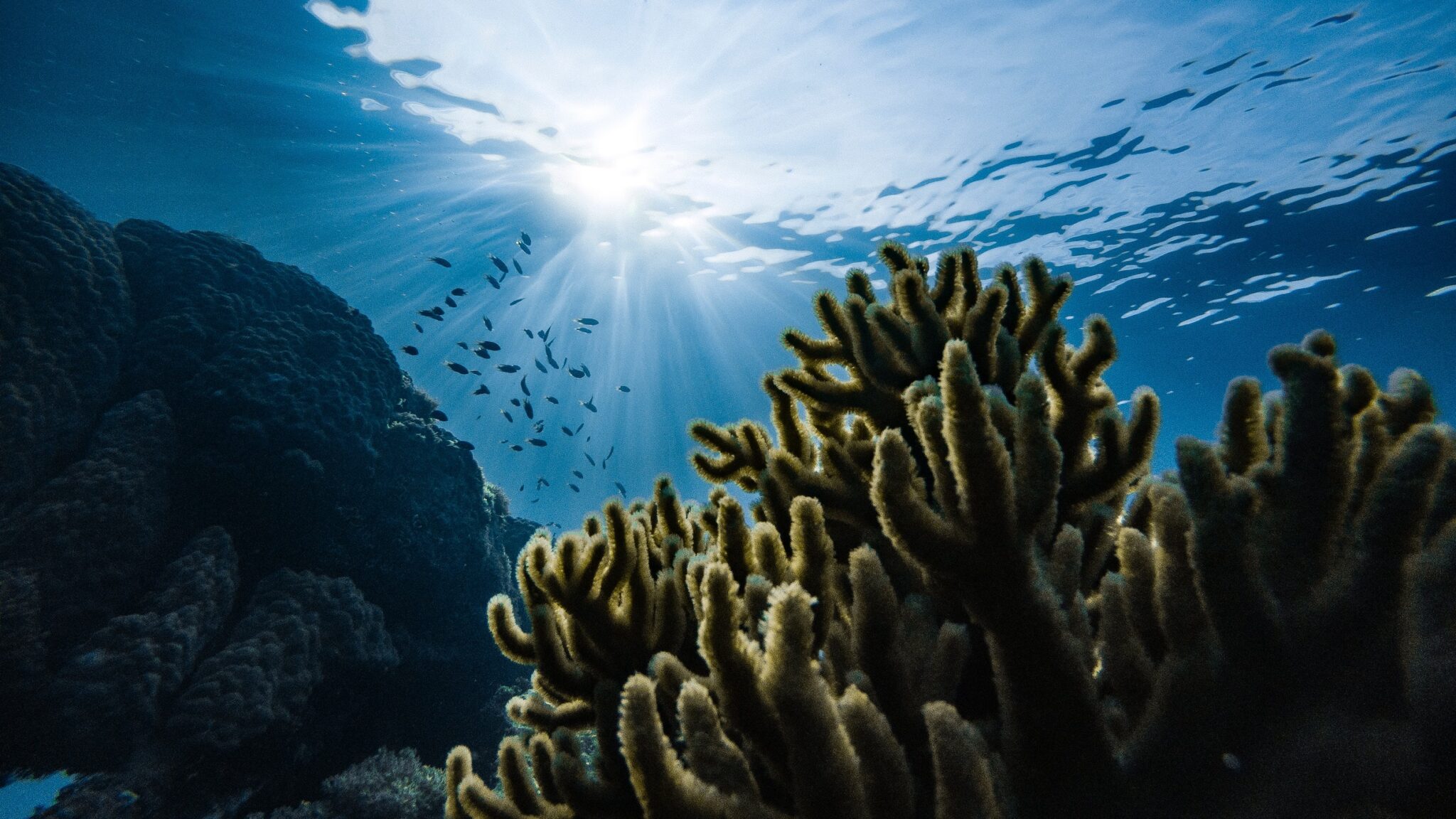The second edition of the TRASMARES training itinerary is announced

This training itinerary allows to deepen the knowledge on the sustainability of marine and coastal ecosystems in the context of climate change. Due to the achievements and positive outcoes of its first edition, TRASMARES received a favorable report from SEPIE. Its second edition is free of charge and will remain open for the next two months.
The Universidad de Cantabria (UC), with the collaboration of the Environmental Hydraulics Institute of the University of Cantabria (IHCantabria), announces the second edition of the TRASMARES training itinerary. TRASMARES stands for “Specialized TRaining on Applied Tools for Sustainable MARine EcosystemS”. This itinerary will be developed in the online modality starting this Wednesday, October 25th, through the MiríadaX platform, where it will remain open for enrollment of new students until December 24th.
TRASMARES offers an in-depth knowledge of marine ecosystems, in order to understand their functions, benefits and main threats. The objective of this training is to provide first-rate knowledge on new methodologies, procedures and tools suitable for the conservation and sustainable management of marine and coastal ecosystems in the context of climate change. Thus, this training programme is consistent with the “Decade of the Oceans 2020-2030” and the Sustainable Development Goals (SDGs); especially SDG 14, which aims to conserve and sustainably use the oceans, seas and marine resources.
Marine ecosystems are an essential component of the planet, as they are a source of biodiversity, food and life. However, their characteristics, threats, and benefits are often undervalued or not well-known. TRASMARES offers an agile learning pathway for those who want to develop specific competencies in sustainable marine ecosystems, through a multidisciplinary, practical and integrated approach.
This program is aimed at undergraduate, graduate and vocational training students, professionals with an environmental profile, government technicians and all those who wish to learn and acquire specific skills on the use of new methodologies for sustainable management in a context of climate change.
The scientific soundness of TRASMARES is supported by the partnership between three European institutions of higher education: the Universidad de Cantabria (Spain), the University of Bologna (Italy) and the University of Coimbra (Portugal), together with the company Telefónica Digital Education (TED), which is a leader in providing lifelong solutions for high-impact learning, nationally and internationally.
The training is offered through four Massive Open Online Courses (MOOCs ), which can be accessed via the Internet from October 25th until December 24th, 2023. The videos of these four courses are available in Spanish, English, Italian and Portuguese. You can receive an individual certificate of completion for each course, or an accreditation of knowledge of the complete pathway, free of charge, if you complete all four MOOC courses and pass the final exam.
Last June, TRASMARES received a favorable report from the Spanish Service for the Internationalization of Education (SEPIE), after the positive evaluation of its first edition (September – December 2022), in which more than 1,000 students participated.
The coordinator of this training itinerary at the UC is José Antonio Juanes, who is Director of Teaching and Training at IHCantabria and Professor of the Department of Water and Environmental Sciences and Techniques at the Universidad de Cantabria.
More information about this training pathway: https://trasmares.ihcantabria.com/
To register, you can access through the following links:
TRASMARES Training Itinerary (includes the 4 MOOCs)
MOOC 1: Innovative methods to assess the distribution of marine ecosystems
MOOC 2: MOOC 2: Human activities and vulnerability of marine ecosystems
https://miriadax.net/curso/human-activities-and-vulnerability-of-marine-ecosystems-2nd-edition/
MOOC 3: Nature-based Solutions as proactive approaches to conservation
MOOC 4: Land-sea-ocean interactions: from coastal management to maritime spatial planning





